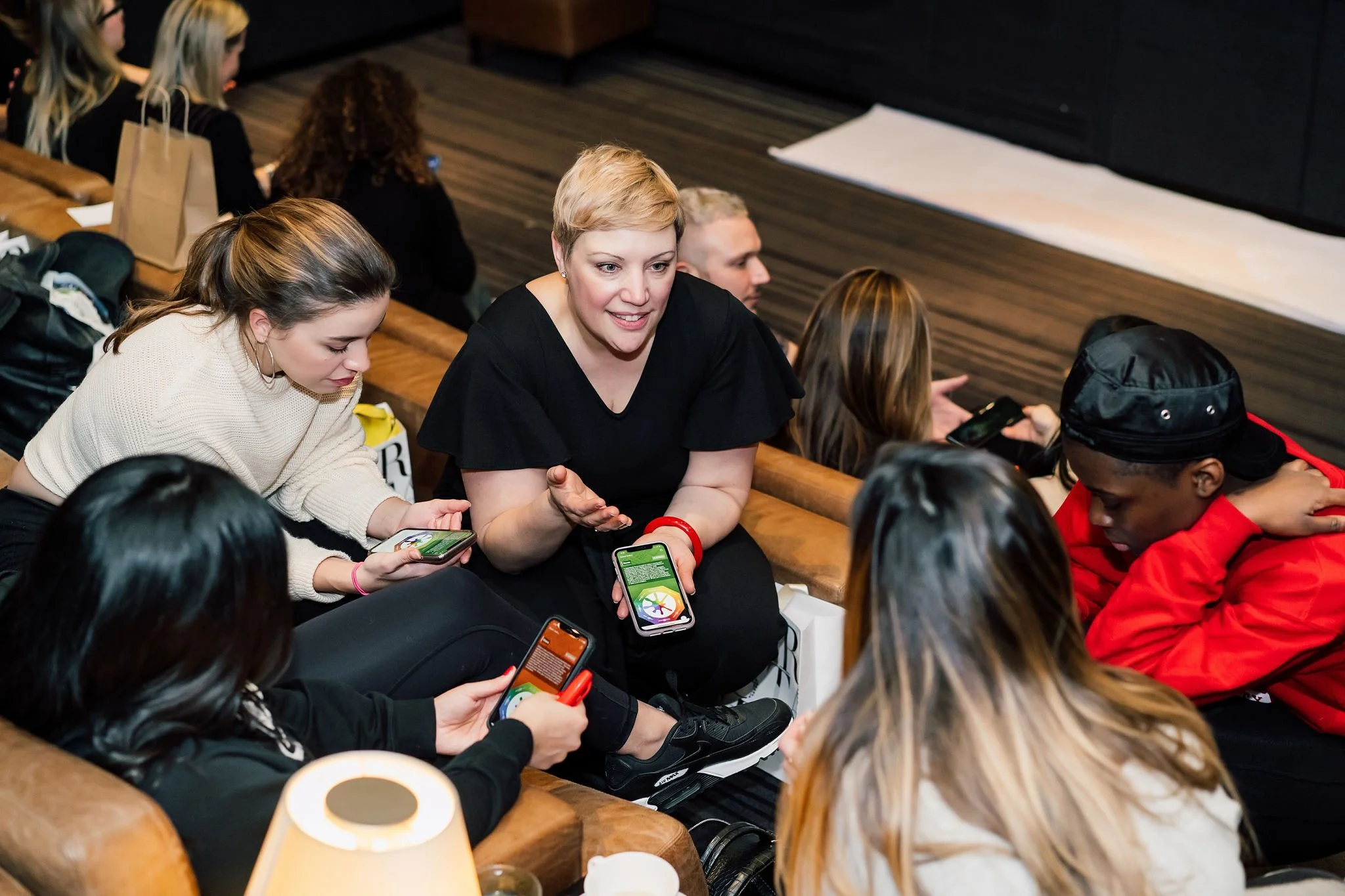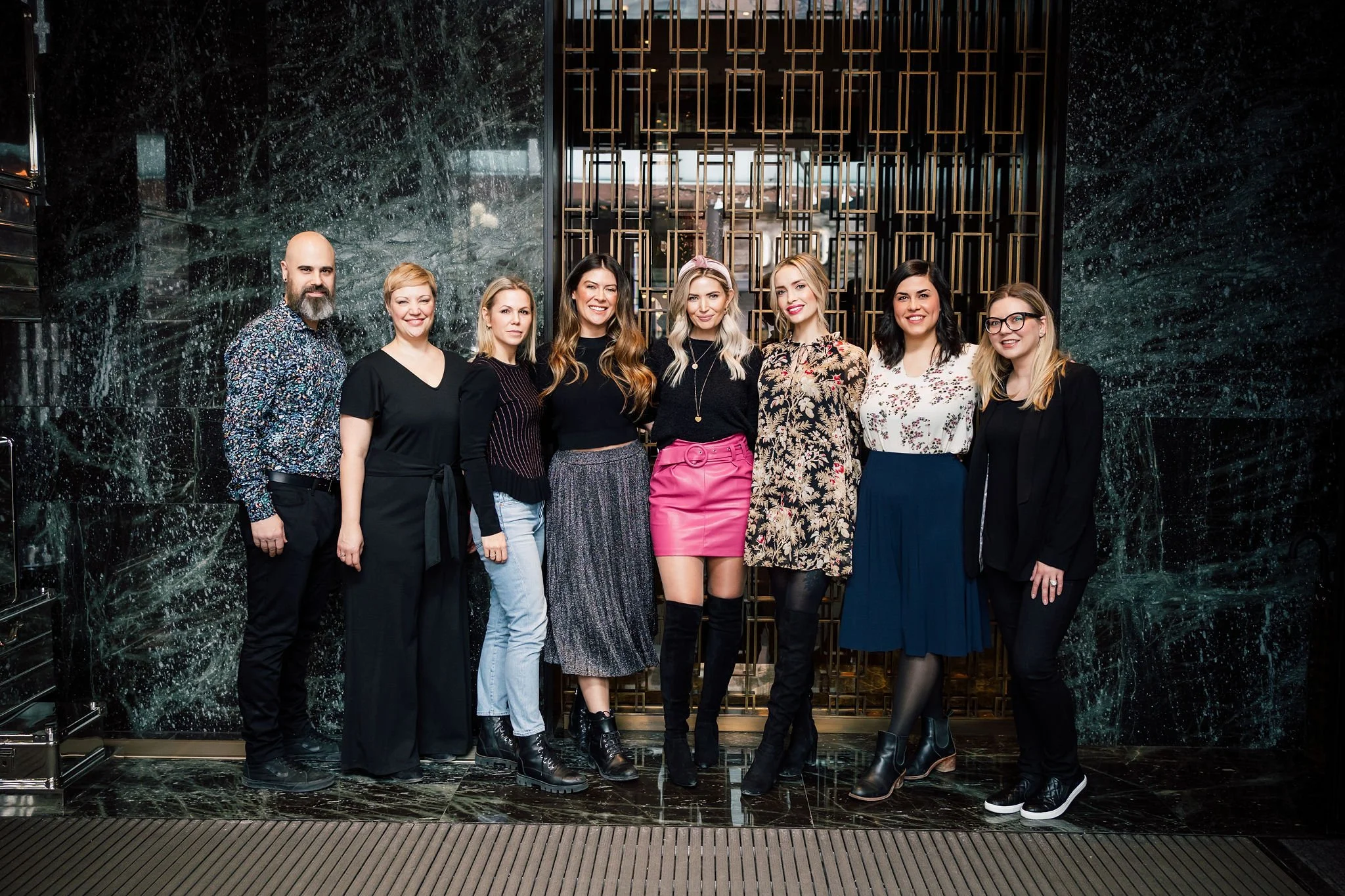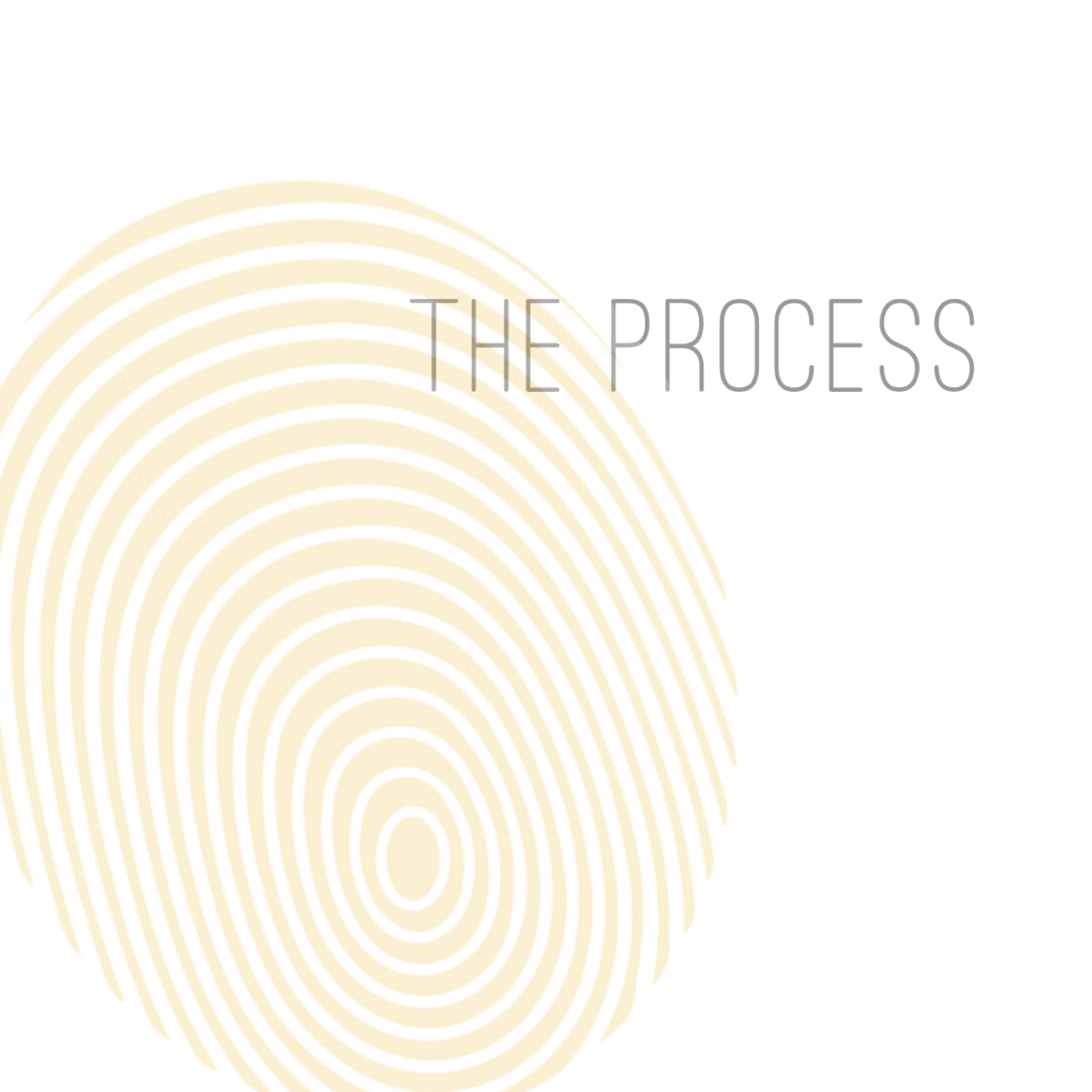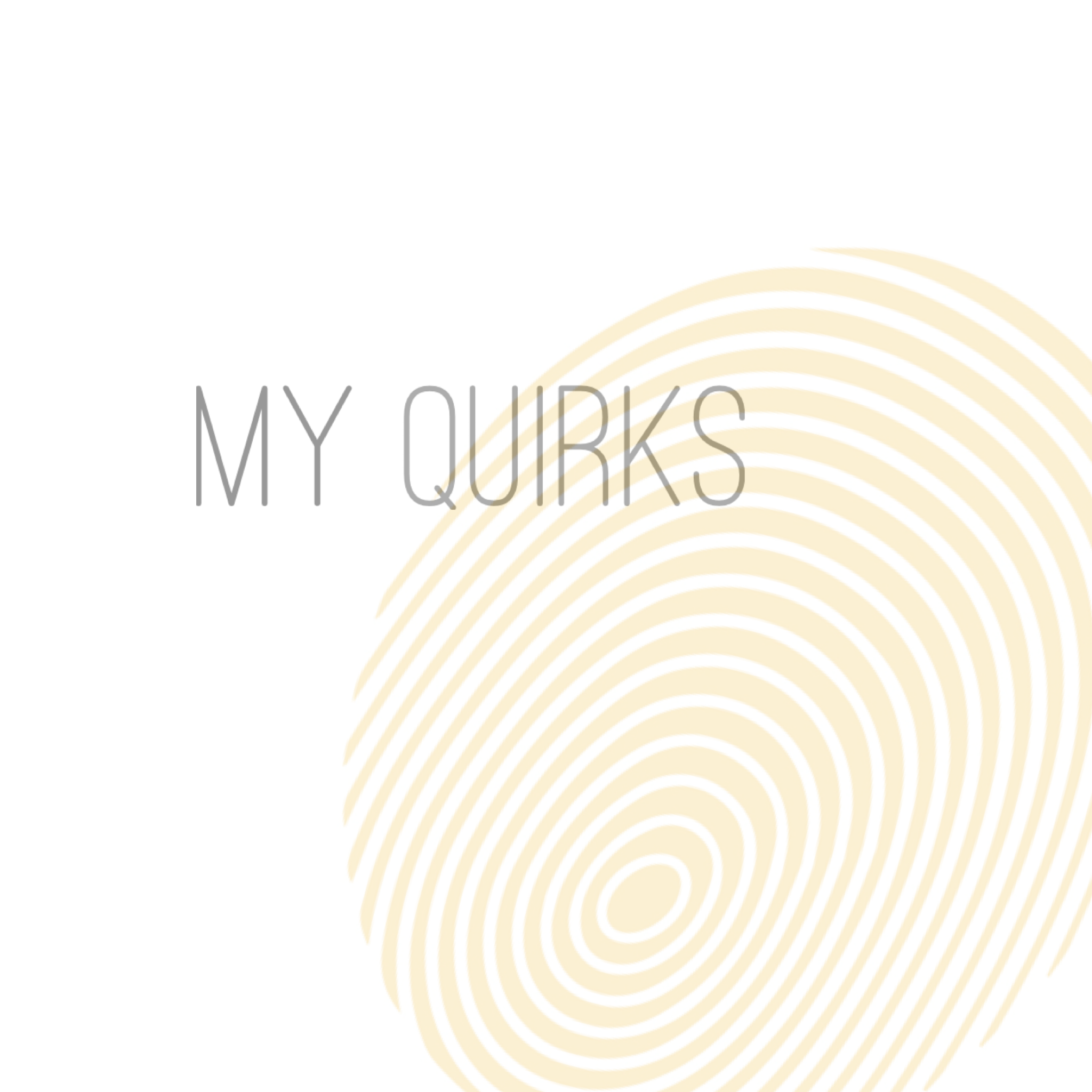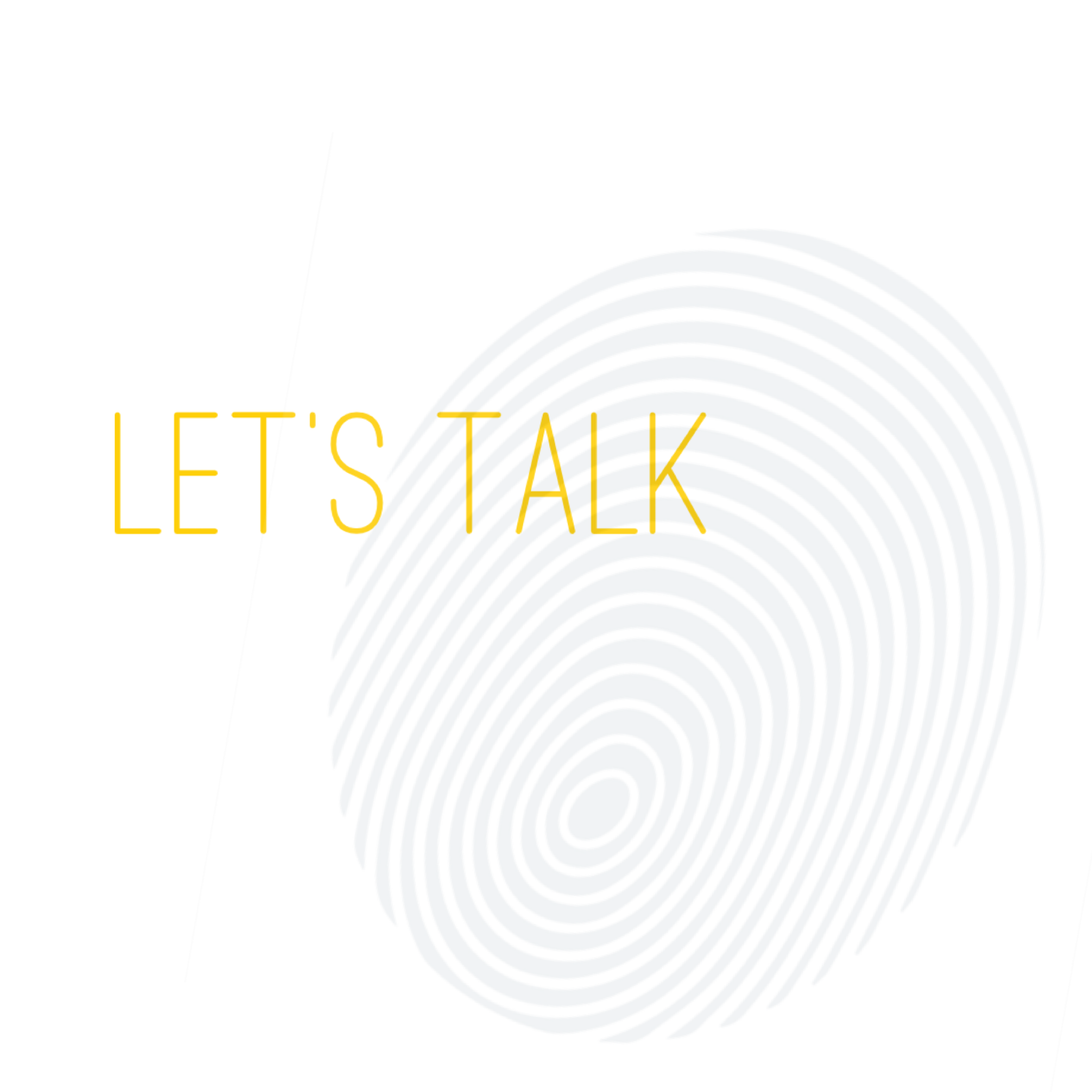
Empathy at Work
A holistic approach to happier, more resilient, and more productive teams
Empathy at Work
To create the kind of workplace people truly want to be part of, it takes Practical, Professional Empathy.
Teams naturally fall out of alignment — with themselves, each other, or the business. Without slowing down to understand what’s really going on, time, energy, and money get wasted solving the wrong problems.
Getting back in sync means every level of the team — leadership, staff, and clients — are seen, heard, and invested.
A Holistic Approach to Resilient Teams and Stronger Service
Many workplaces chase better performance through new systems, schedules, or incentives. Those changes might work for a while, but the results fade when people feel unseen or disconnected.
True, lasting improvement starts with empathy for self and others. It’s not about “life-work balance,” which often feels either/or. It’s about integration — bringing who we are and what we do together in a way that supports the team, the client, and the business.
When people feel valued as humans, not job titles, they show up with energy, care, and pride. Client experiences improve, service quality rises, and retention grows on both sides of the chair.
Empathy Drives Results
The team-building industry often focuses on quick fixes.
Empathy at Work takes a custom, layered, and lasting approach that strengthens trust, culture, and client service outcomes.
When empathy becomes part of how teams work:
Client satisfaction and loyalty increase.
Employee engagement and retention improve.
Productivity and profitability follow naturally.
Empathy isn’t soft — it’s strategic. It’s what turns good service into exceptional experiences, and teams into communities that thrive together.
When Empathy is missing at work:
Hard Decisions
Decision-making or getting buy-in from your team members is difficult.
Work is Redone
Time is spent redoing work over giving feedback, missing skills development potential.
Resentment
Resentment towards your team members builds and you take it home with you.
Distraction
Constant drama or nit picking on your team is distracting from the work done.
Uninspired
You feel exhausted and burnt out, leading you to miss workdays and feel uninspired to contribute.
Overtime
The workload is unmanageable, you work overtime to get it all done.
Teams can work better together
✔ Leaders need to model the behaviours.
✔ Individuals need to feel safe to express their reality in the process.
✔ The team needs to have a process to share collective experience.
✔ The business needs clearly defined and seperate.

